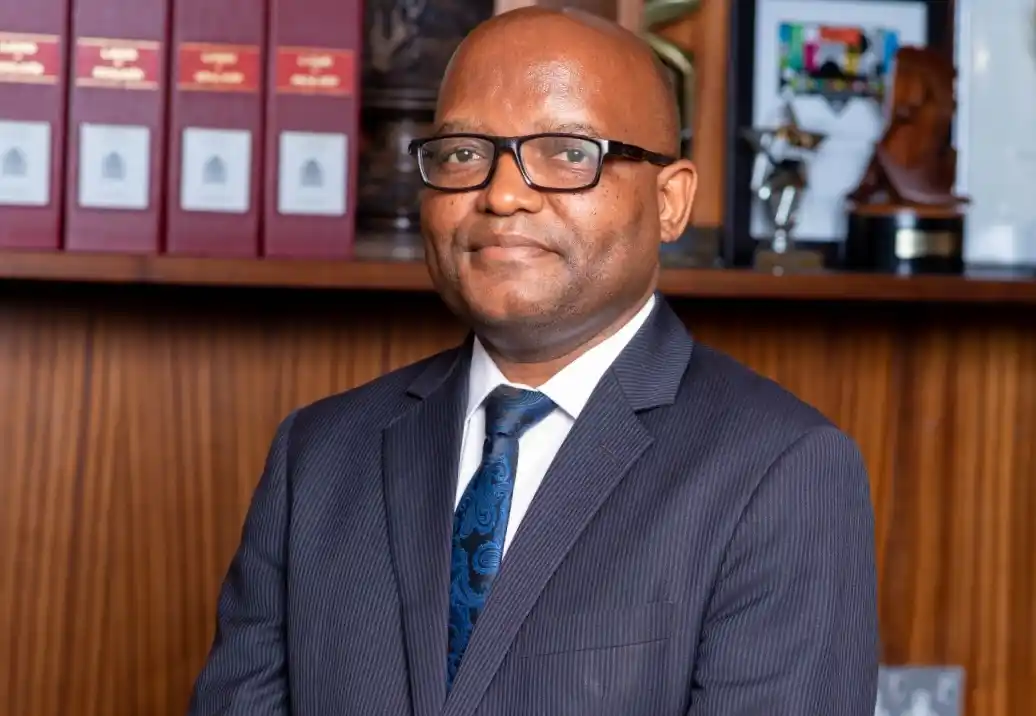
On October 18, 2024, lawyer Alexious Kamangila delivered a live broadcast that sparked crucial discussions about judicial corruption in Malawi. His direct accusations against several judges and lawyers have not only unveiled serious allegations but also resonated with a public increasingly demanding accountability and reform within the legal system.
Key allegations and their significance
During his broadcast, Kamangila named several Supreme Court judges, including Justice Chikopa, Justice Madise, and Justice Kapanda, as well as Chief Justice Mzikamanda SC, whom he described as “passively corrupt.”
This bold move highlights the systemic nature of the corruption he perceives within the judiciary, reflecting a deep-seated frustration with existing practices. By pinpointing these figures, Kamangila emphasizes the urgent need for higher standards of integrity and ethical conduct in the judicial system.
His focus extends to judges in the High Court, such as Justice Media and Justice Nyirenda, further reinforcing his claim that corruption permeates various levels of the judiciary.
Moreover, his allegations implicate prominent lawyers, including Wapona Kita and Frank Mbeta, indicating that the problem is not confined to the judiciary but also exists within the legal profession itself. This broadening of the discourse raises critical concerns about the overall health of Malawi’s justice system.
Public reaction and the demand for reform
The response from the public has been significant, reflecting a growing awareness and frustration regarding systemic issues in governance and justice.
Kamangila’s broadcast has served as a rallying point for advocates of reform, highlighting a collective desire for transparency and accountability. The implications of his statements are profound, as they may empower more individuals to speak out against corruption, fostering a culture of openness and ethical responsibility.
Challenges and Potential Consequences
While Kamangila’s allegations have garnered considerable support, they also pose risks. Those named in his broadcast may retaliate, potentially threatening his career and personal safety. Furthermore, the reaction from the judiciary and legal community will be pivotal.
If these institutions choose to ignore or dismiss Kamangila’s claims, it could further undermine public trust and exacerbate perceptions of corruption.
The path forward
For Malawi’s judiciary to regain the public’s confidence, it must take Kamangila’s allegations seriously. This could involve independent investigations into the claims, alongside broader reforms aimed at enhancing accountability mechanisms.
Establishing transparent processes for reporting and addressing corruption will be essential for rebuilding trust in the legal system.
Such actions are critical for fostering a judicial environment where ethical standards are upheld, ensuring that justice is not only served but seen to be served.
Conclusion
Alexius Kamangila’s live broadcast marks a pivotal moment in Malawi’s ongoing struggle with judicial integrity. By naming individuals and calling for reform, he has catalyzed a vital conversation about ethics in the legal system.
The future of Malawi’s judiciary hinges on its response to these allegations. Immediate action and reform are not just necessary; they are fundamental to maintaining the integrity of the judiciary and ensuring justice for all citizens.
The coming weeks will be crucial in determining whether this moment leads to meaningful change or remains another instance of unaddressed concerns within Malawi’s legal framework.








0 Comments